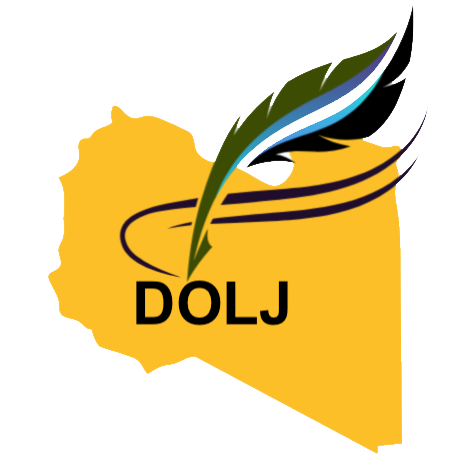Libya and National Reconciliation
DOI:
https://doi.org/10.54172/rc4vh056Keywords:
National Reconciliation, Libya, Tolerance, Internal Peace, Modern HistoryAbstract
This research addresses the topic of national reconciliation in Libya and sheds light on the efforts of the Libyan people in achieving this reconciliation before its emergence in modern history. The research reviews the period of Italian colonization in Libya and the harm it caused, tearing apart national ties, fueling discord among the country's inhabitants, establishing collective prisons, and erecting gallows. With the end of colonization, Libyans took the initiative to reform relationships and reconcile among themselves, spreading the spirit of tolerance and love, and calling for forgetting the past and embarking on building a modern state. Agreements were signed, and reconciliation delegations were formed, traveling throughout the country to promote calmness and extinguish the flames of animosity. Among these agreements is the National Charter, concluded by the Constituent Assembly in Benghazi, which led to the signing of the Harabi Charter in response to Prince Idris Al-Senussi's call. This study aims to shed light on Libya's experience in achieving national reconciliation and ensuring internal peace, emphasizing the importance of dialogue and tolerance in nation-building and a promising future.
Downloads
Published
Issue
Section
License

This work is licensed under a Creative Commons Attribution-NonCommercial 4.0 International License.
Copyright of the articles Published by Almukhtar Journal of Social Science (MJSSc) is retained by the author(s), who grant MJSc a license to publish the article. Authors also grant any third party the right to use the article freely as long as its integrity is maintained and its original authors and cite MJSSc as the original publisher. Also, they accept the article remains published by the MJSSc website (except in the occasion of a retraction of the article).













